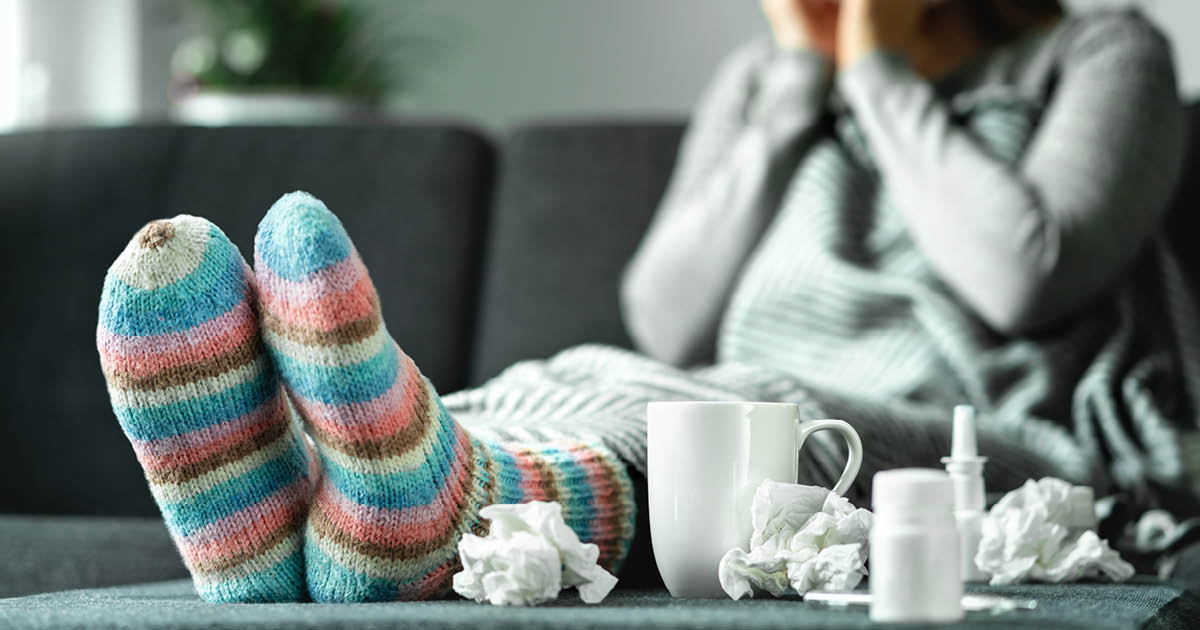The month of June is widely recognized as Men’s Health month, when health and wellness organizations try to promote information about primary and preventive care for men. Men’s Health month is celebrated as a way to increase the awareness of preventable health problems and encourage early detection and treatment of disease among men and boys. Women are notoriously considered to be the healthcare decision-makers in their families, but men are slowly learning and trying to take a personal interest in their own well-being.

Prostate health has long been a topic of men’s health, and there’s a lot to learn about it, both for men and for the women who love them. The information in these four points is a great place to start.
1. Beginning at age 50, all men should talk to their provider about being screened for prostate cancer. Earlier screening is recommended for African-American men or men with a family history of prostate cancer. Talk to your provider about what approach would be best for you.
2. After 50, many men develop BPH (benign prostatic hypertrophy), an enlargement of the prostate gland. BPH is not cancer and it does not increase your risk for cancer. It can cause discomfort with urination, however, including the need to take more frequent trips to the bathroom and reduced urine stream. Depending upon the severity of the symptoms, treatment may include medications or surgery.
3. Try these simple lifestyle tips to help minimize the impact of BPH on your lifestyle:
Stay active – inactivity can cause urinary retention
Each time you go to the bathroom try to fully empty your bladder
During the day try to urinate on a schedule, whether or not you feel the need to go
To reduce your need to go to the bathroom at night, stop drinking water and other liquids after 8 p.m.
Limit alcohol consumption
4. Most men say they would get their needed screenings for prostate cancer if reminded to do it by a loving spouse or partner.
Sources: American Cancer Society; Men’s Health Network
So don’t be overwhelmed with information, or be discouraged by screenings that are recommended and wellness activities – like exercise – that may be suggested by your provider. Instead, be encouraged that there is useful information out there for you to use for yourself. And if you want to learn more, here are some great websites to help you do that.



